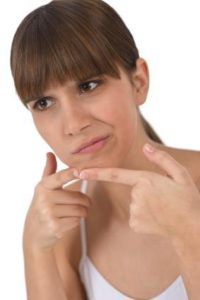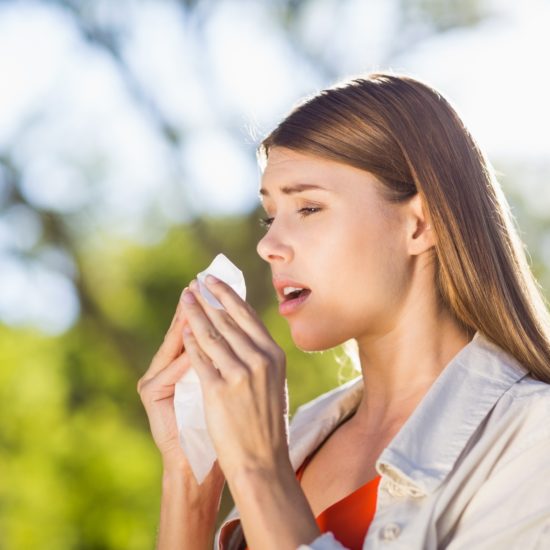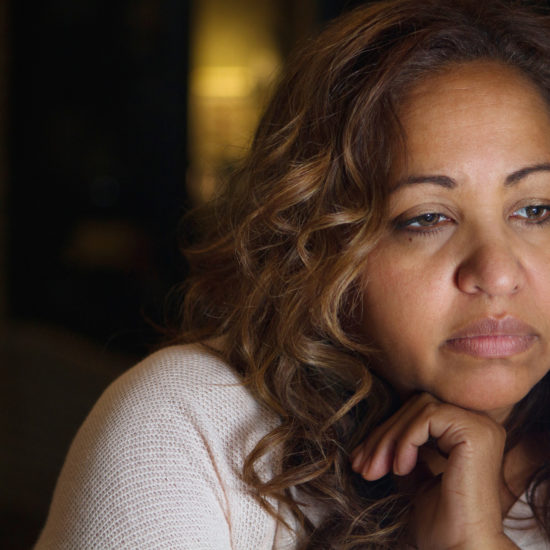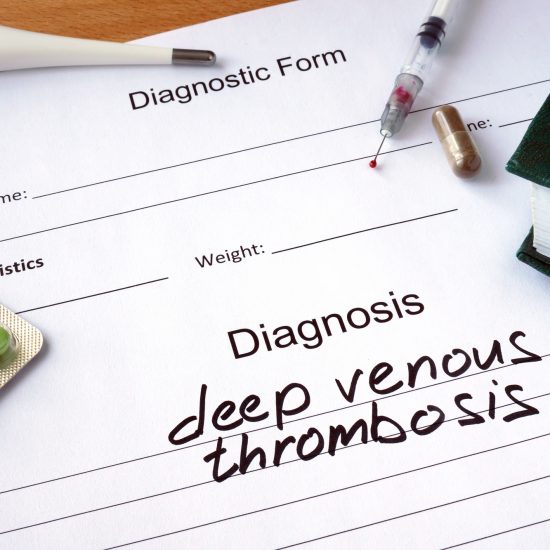6 Ways to Clear Up Acne Without Medication
 Acne appears on the skin as blackheads, whiteheads, pimples, cysts, pustules and congested pores, generally in areas of the body with many oil glands, which are primarily the face, back and chest. Any person may experience some form of acne at any age, although in general most people who experience acne are between the ages of ten and forty. Acne can be treated by various acne treatments that can be found at your local drugstore, however, if you are seeking additional or alternative methods to clear up your skin, these following home remedies may be just what you’re looking for.
6 Ways to Treat Acne at Home
Acne appears on the skin as blackheads, whiteheads, pimples, cysts, pustules and congested pores, generally in areas of the body with many oil glands, which are primarily the face, back and chest. Any person may experience some form of acne at any age, although in general most people who experience acne are between the ages of ten and forty. Acne can be treated by various acne treatments that can be found at your local drugstore, however, if you are seeking additional or alternative methods to clear up your skin, these following home remedies may be just what you’re looking for.
6 Ways to Treat Acne at Home
- Keep Area Clean – Especially with facial acne, washing the area where you experience acne is important. However, do not over wash area with a rough cloth or scrub too deeply, as this will cause your oil glands to produce more oil, and likely increase your acne.
- Sleep on Clean Bedsheets – Pillowcases and sheets absorb the oil from your skin while you sleep, so it is important to clean your sheets regularly.
- Adjust Diet – Depending on the root cause of your acne, certain foods are not likely to improve your acne. Foods to avoid include chocolate, tea, coffee, as well as foods that contain hydrogenated oils and trans-fatty acids.
- Avoid Aggravation – Picking at your acne or popping pimples rarely improves the condition of your acne, and often will leave skin redder and agitated for a longer period of time.
- Use Tea Tree Oil – Tea tree oil is believed to kill bacteria associated in causing acne. Tea tree oil is an extremely popular method of acne treatment and is additionally most effective when applied to problematic areas of skin.
- Zinc – Zinc is an essential mineral that is usually left out of one’s regular diet, and can be more effective than antibiotics for wound healing, inflammation control, tissue regeneration and healthy skin. Foods that contain zinc include oysters, herring, wheat germ, soybeans, sunflower seeds and lamb. If it is impossible to incorporate these foods into your regular diet, zinc supplements may be an option as well. However, large amounts of zinc should be taken with caution, as they may lead to further complications including copper deficiencies and anemia.
These methods do not guarantee acne-free skin, and although they have proven to be effective in some patients, every person is different, and may need different treatments to clear up their acne. If your acne persists, talk to a dermatologist about which acne medication is right for you.
Also Read


